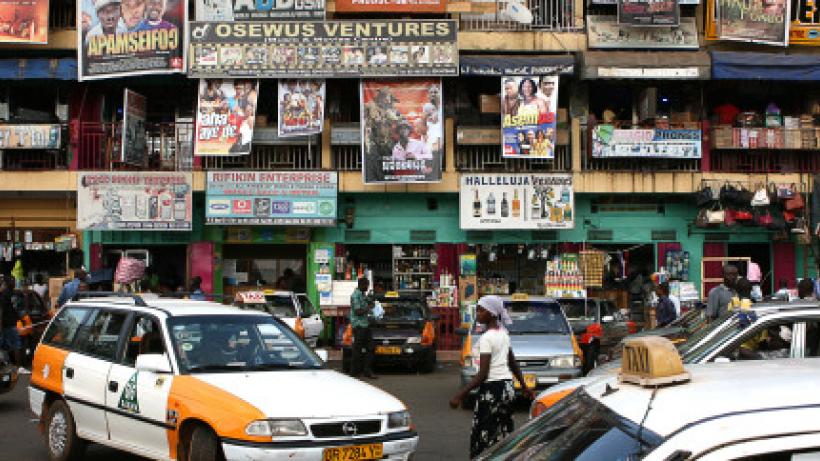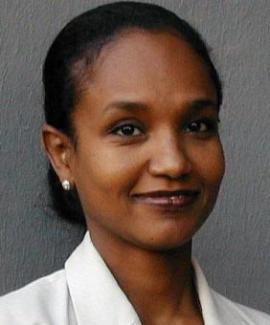
Improving revenue mobilisation for fiscal consolidation in Ghana
At 17.1%, Ghanaian tax-to-GDP ratio is about the average for Sub-Saharan Africa, but this is a major constraint to growth and development. Compared to countries such as Kenya, South Africa and Botswana, there appears to be a substantial tax gap that the government of Ghana could tap into to improve the funding gap.
What are the policy and administrative constraints to enhancing tax revenue? What lessons can Ghana learn from the experiences of other countries in broadening the tax base and in improving the efficiency of tax collection? What unique opportunities and challenges does the Ghanaian fiscal decentralization regime present for enhanced revenue mobilization?
Against this background, the IGC organised a workshop on Improving revenue mobilisation for fiscal consolidation in Ghana in collaboration with the Ghana Revenue Authority (GRA) and the Ministry of Finance on 30th September 2015. Discussions was led by Prof. Nada Eissa, IGC lead economist and an eminent tax expert.
The aim of this workshop was to bring together policymakers, technocrats and researchers to brainstorm and identify the constraints to revenue mobilisation in Ghana. The workshop provided an opportunity to discuss innovative ideas and to share lessons and experiences from other countries. The workshop created opportunities for partnerships and collaborative research projects that had the potential to improve revenue mobilisation in developing countries.


